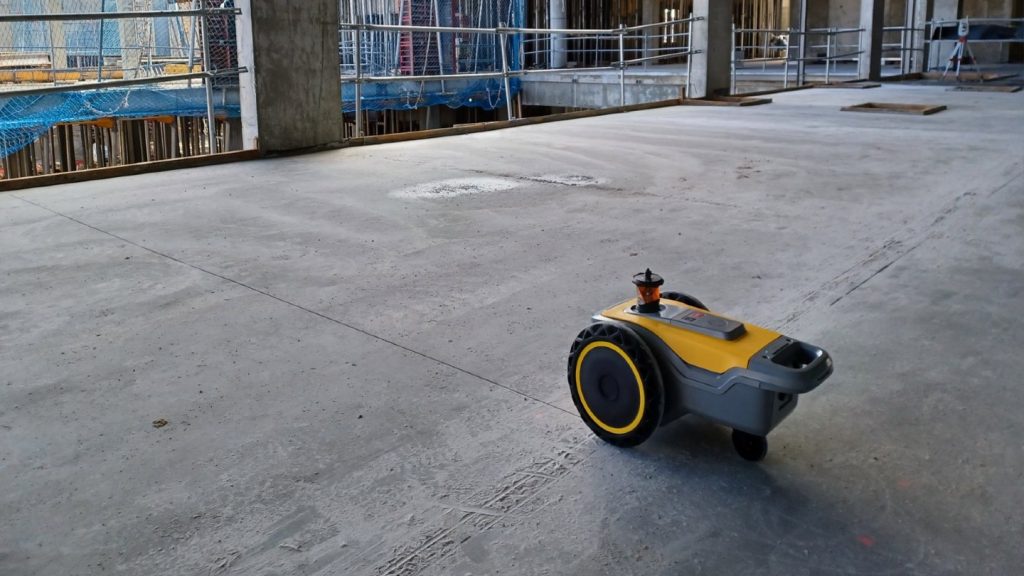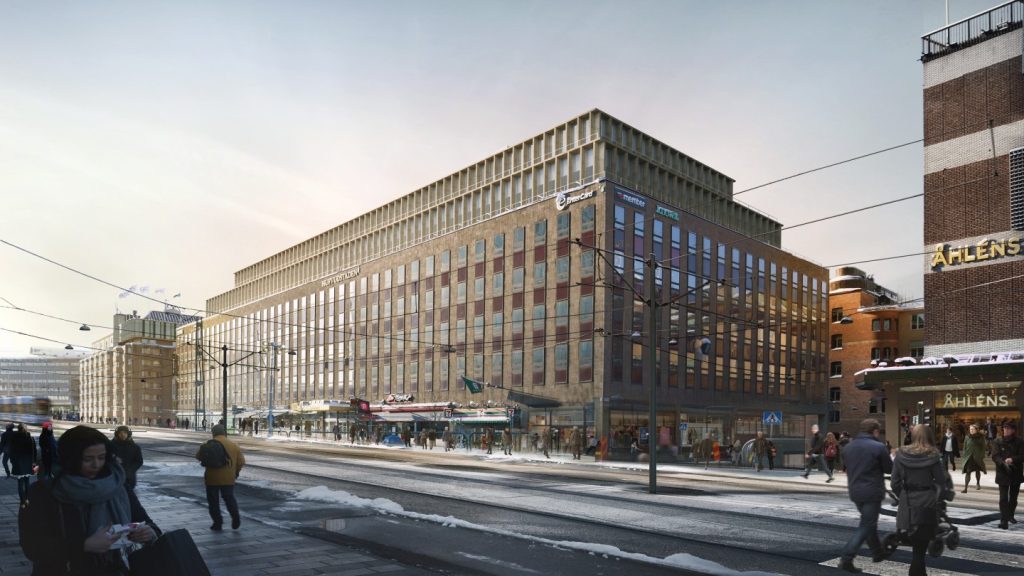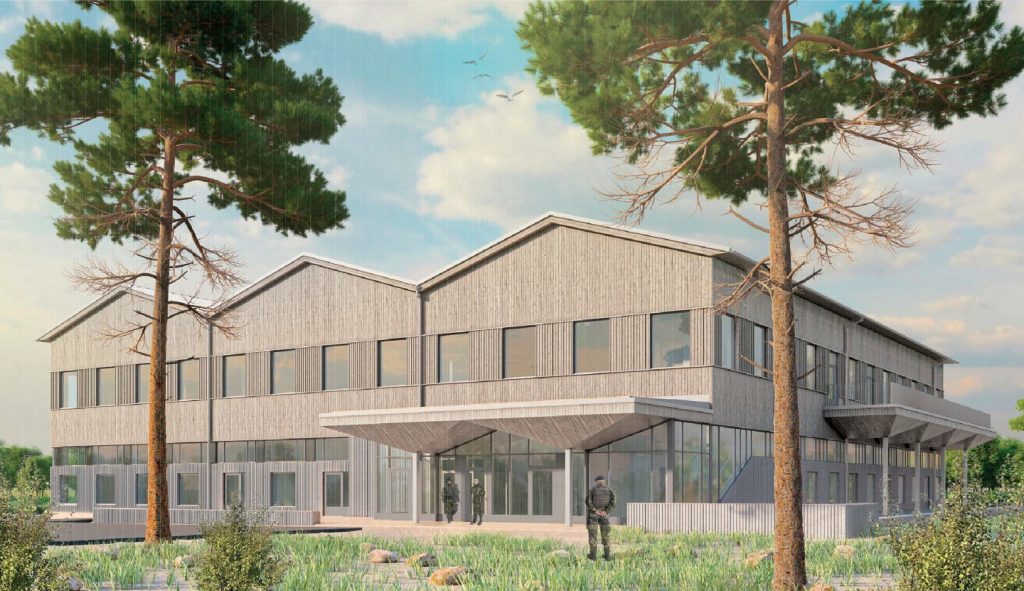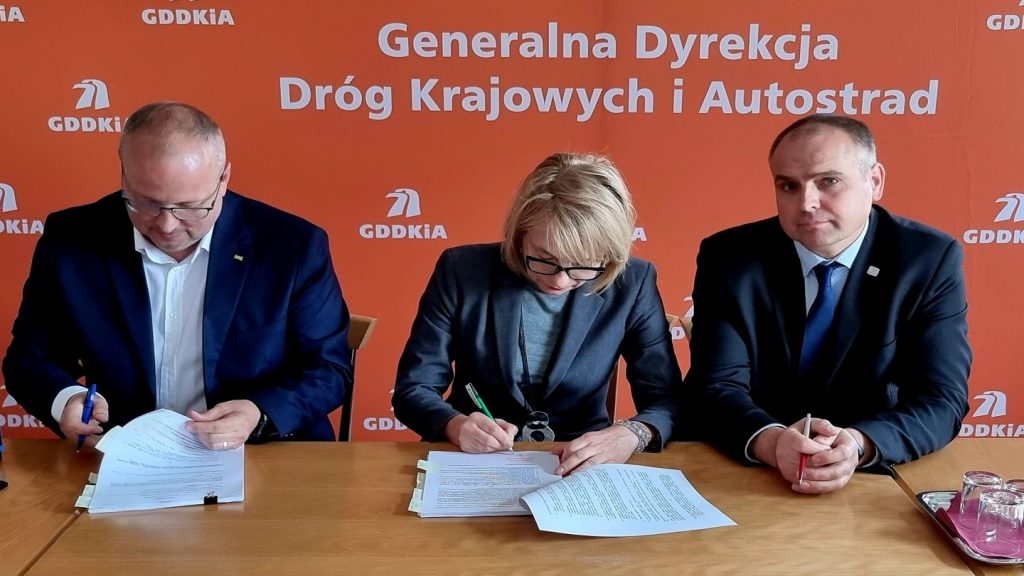Spanish construction company ACCIONA has employed an HP SitePrint robot to help build the Alentejo Central Hospital in Évora, Portugal.
Scheduled for completion in 2025, this project represents an investment totalling approximately €149m ($161.23m).
It aims to serve more than 200,000 people in the region.
The hospital complex represents ACCIONA's largest construction project in the country.
Designed to house technical assistance units alongside inpatient and outpatient facilities, the project features a ten-storey main building to accommodate 400 beds.
Spanning 127,000m² of green spaces, the project also includes the construction of a heliport and extensive parking facilities.
This initiative reportedly marks ACCIONA as the first Spanish company to adopt the continuous use of autonomous equipment, which is aimed at enhancing construction site efficiency through project visualisation techniques.
The introduction of the robot addresses a key construction challenge: installing interior partition walls across a 140,000m² area.
The company has employed the robot to execute more than 25,000m² of this space.
The technology is said to remain collaborative, requiring human operators for blueprint preparation and equipment operation.
Its small, mobile design with wheels and printing head is noted to reduce the physical strain on surveyors while maintaining precision and speed.
Last year, ACCIONA was awarded a €480m contract by the Philippine Department of Transportation for package Nº2 at its South Commuter Railway Project.
This initiative forms part of a 54.6km railway featuring 18 stations, intended to connect Manila with Calamba in Laguna province.















